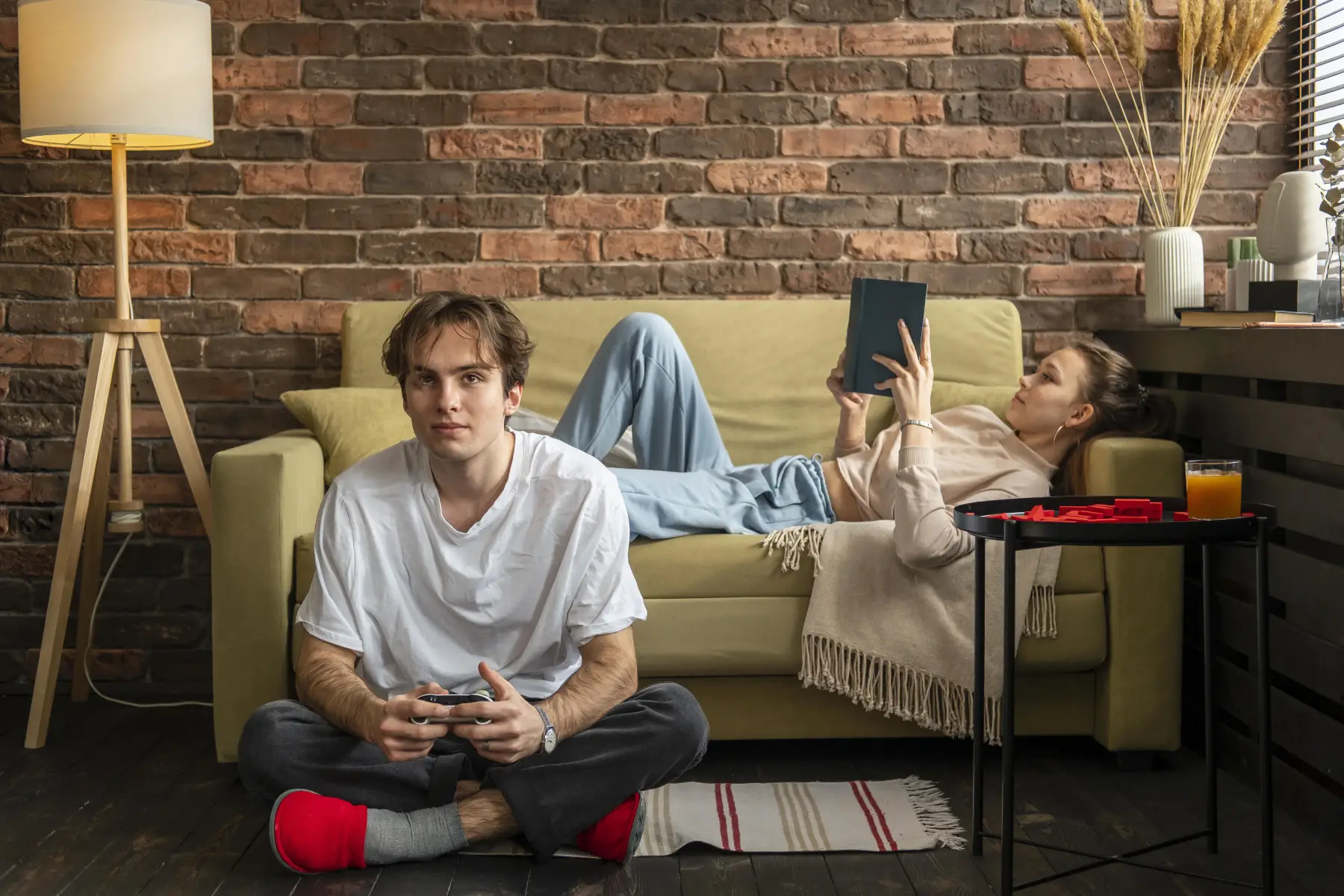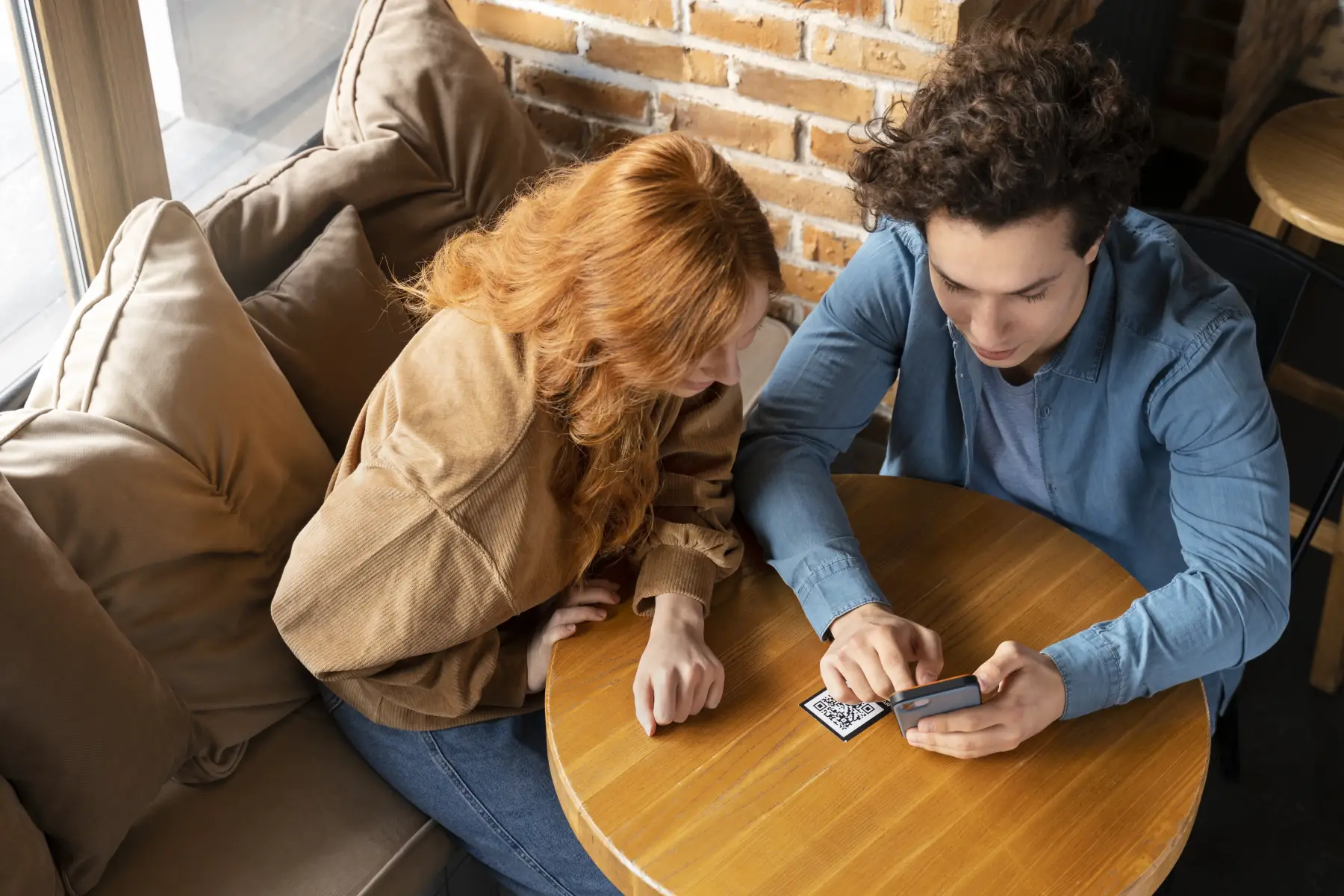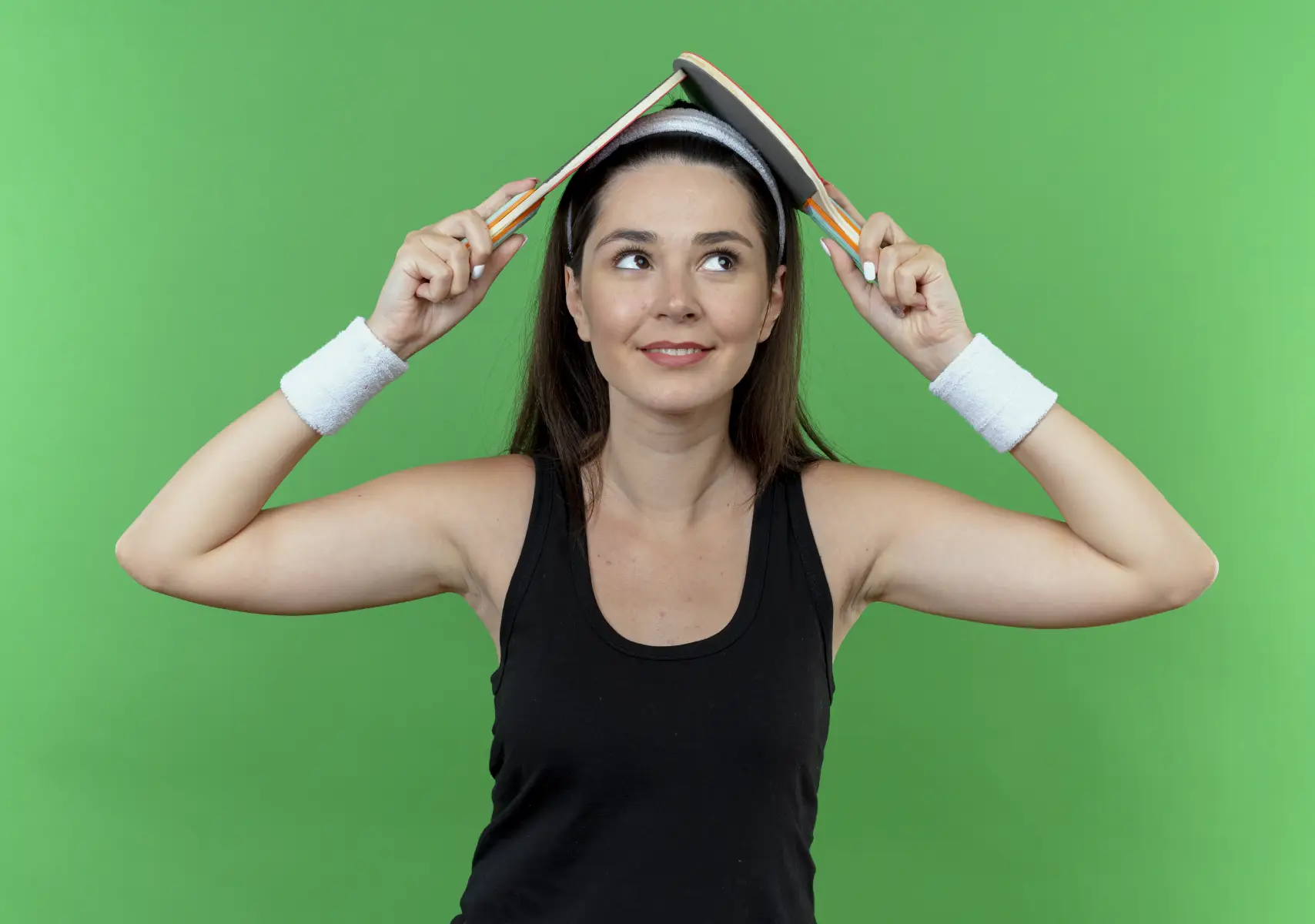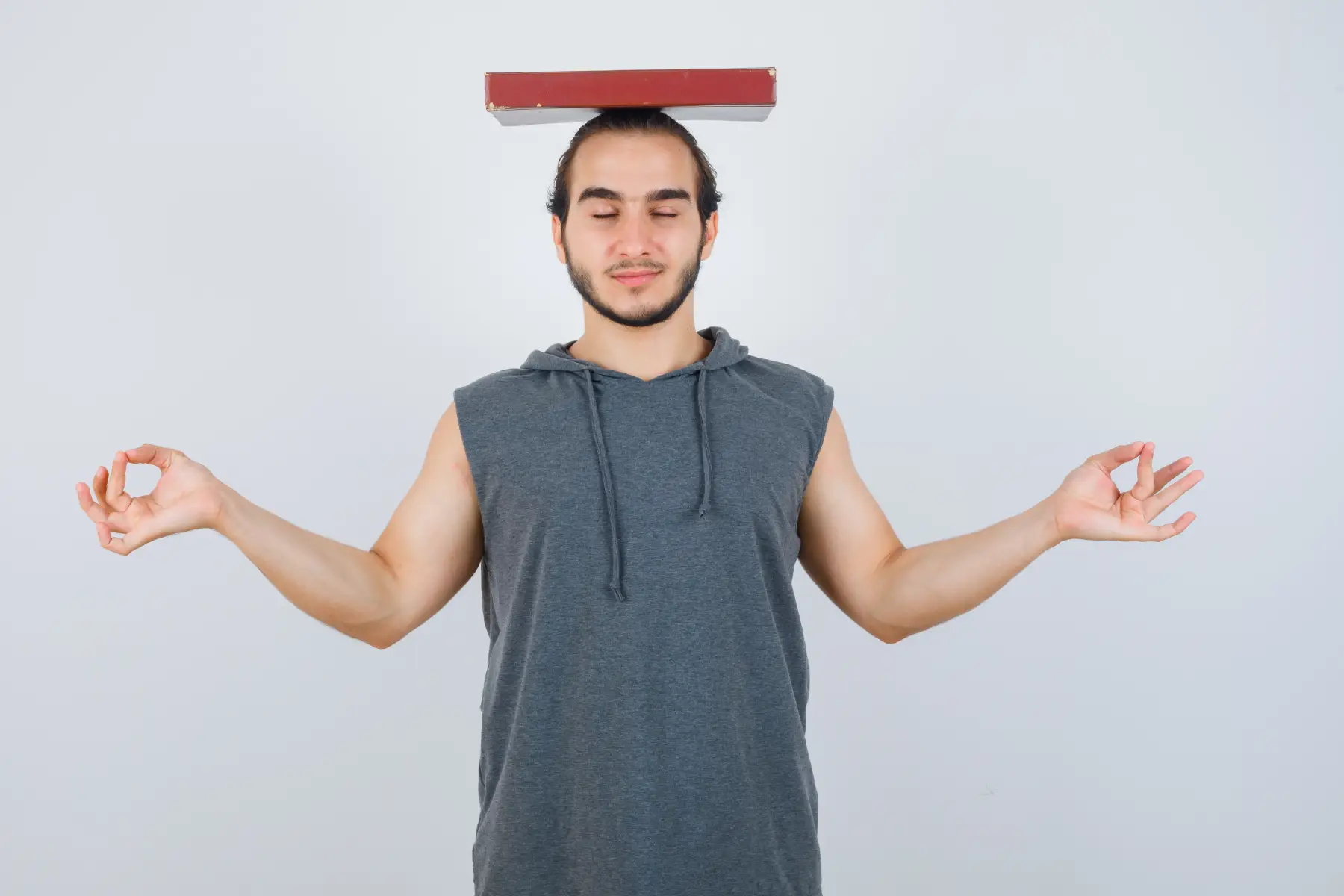Introduction
The world of video games is exciting, sociable, and even educational. However, for a growing number of adults, teens, and parents across the UK, excessive gaming can spiral out of control. If you or someone you care about is feeling trapped by gaming—experiencing anxiety, social withdrawal, or declining wellbeing—you’re not alone. The World Health Organization (WHO) officially recognised Gaming Disorder in 2019, acknowledging that for some, gaming can be as disruptive as any chemical addiction.
This whitepaper offers evidence-backed information, non-judgemental guidance, and actionable steps, tailored for those seeking therapy or wanting to support someone they love. Grounded in compassion—and the latest UK and global research—you’ll find practical strategies and hope for recovery.
What is Gaming Addiction?
“Gaming Addiction,” also called Gaming Disorder, is a behavioural pattern where video gaming takes precedence over other life interests and daily activities. According to the WHO’s ICD-11, Gaming Disorder is “a pattern of persistent or recurrent gaming behaviour … characterised by impaired control over gaming, increasing priority given to gaming over other activities … and continuation or escalation despite negative consequences.”
Key Facts:
- In the UK, over 40% of adults play video games; for most, it’s a healthy hobby, but an estimated 1-3% may experience addictive patterns (King et al., 2019).
- Gaming Disorder is not just a “teenager’s issue;” it affects all ages and genders.
What’s the difference between a hobby and an addiction?
Healthy gaming enriches life, strengthens friendships, and is enjoyable in moderation. Compulsive gaming feels necessary rather than fun—often used to escape stress, avoid responsibilities, or manage uncomfortable feelings.
Causes & Risk Factors
1. The Science of Gaming and the Brain
- Video games stimulate the brain’s “reward pathways,” releasing dopamine much like gambling or drugs (Kuss & Griffiths, 2012).
- Many games are designed for engagement: achievement systems, social rewards, and variable-ratio reinforcement (loot boxes, upgrades) keep players coming back.
2. Emotional and Environmental Factors
- Escapism: People often turn to gaming to avoid real-life stress, anxiety, or low mood.
- Social Bonds: Online games can be communities—but for some, these may replace real-world social contact.
- Accessibility and Marketing: With smartphones and broadband, games are always available.
3. Risk Profiles
- Pre-existing mental health or neurodevelopmental conditions (ADHD, anxiety, depression)
- Loneliness and lack of offline support
- Family history of addiction or compulsive behaviour
Signs & Symptoms
Academic research (King & Delfabbro, 2018; Saunders et al., 2017) and UK mental health guidelines identify these warning signs:
- Gaming for longer and later than intended, despite negative outcomes
- Losing interest in other hobbies
- Withdrawal symptoms: irritability, anxiety, or restlessness when unable to play
- Deceiving family members about time spent gaming
- Declining academic or professional performance
- Sleep disturbances, headaches, or neglect of personal hygiene
Note: Not every heavy gamer is addicted. The key sign is ongoing play that causes distress or significant life impairment.
Impact of Gaming Addiction
1. Mental Health
- Higher rates of depression, anxiety, and self-esteem problems (Przybylski et al., 2017)
- Social withdrawal and loss of confidence
2. Academic and Work Consequences
- Missing deadlines, declining grades, or loss of employment
3. Family and Relationships
- Arguments, loss of trust, isolation
- Young players may become angry when asked to stop
4. Financial and Physical Health
- In-game purchase debts, late-night snacking, sedentary behaviour
Academic Evidence & Therapy Approaches
Global and UK studies recommend these therapies:
1. Cognitive Behavioural Therapy (CBT)
- The most evidence-backed therapy for behavioural addictions
- Focuses on breaking unhealthy cycles, identifying triggers, and developing new routines (King et al., 2017)
- In one NHS pilot (Nottinghamshire Healthcare, 2020), over 60% of gaming-addicted teens significantly reduced their playtime after CBT
2. Family or Couples Therapy
- Especially effective for children and adolescents (Kiraly et al., 2018)
- Encourages healthier communication, boundary setting, and resilience
3. Motivational Interviewing
- A collaborative, non-confrontational approach that enhances motivation for change (Saunders & Storr, 2020)
4. Support Groups and Peer Programmes
- Online forums, helplines, and support chats (YoungMinds, GameQuitters) connect people with shared experiences
5. Treat Co-occurring Conditions
- Anxiety, depression, ADHD, and autism often co-exist with gaming addiction. Integrative treatment improves outcomes (Gentile et al., 2011)
Actionable Strategies
If you or your child is concerned about gaming:
- Self-Assessment:
Keep a weekly diary of actual gaming hours, noting mood and life impacts.
- Identify Triggers:
Which feelings, times, or places prompt play?
Replace gaming with alternative activities during these windows (exercise, creative hobbies).
- Set Clear Limits:
Use parental controls or app timers to restrict screen time (and honour your own limits if you’re an adult).
- Designate No-Gaming Zones:
Make bedrooms, dinner tables, and study/work areas screen-free.
- Encourage Offline Socialising:
Strengthen support networks away from screens: sports, volunteering, art groups, or clubs.
- Gradual Reduction:
Don’t go “cold turkey” unless absolutely necessary; sudden cut-offs can cause withdrawal and anger.
Agree to step down by 15–30 minutes per day/week.
- Involve Family or Friends:
Open conversations are vital: frame them as concern, not blame.
For children/teens, involve them in setting new routines and finding fun offline substitutes.
- Reward Progress:
Recognise improvements—no matter how small.
When and How to Seek Help
If…
- You’ve tried to cut down but failed
- Gaming is causing distress or harm in key areas of life
- A family member is resistant to changing habits
…it’s advisable to seek professional support. Therapy in the UK is confidential, non-judgemental, and tailored to your needs. A typical first session involves mapping out your unique situation and collaboratively planning next steps. Family involvement is encouraged if possible.
Recovery Story (Anonymised)
“I started playing online games to relax from work, but soon whole weekends would disappear. It got harder to sleep, and my partner was frustrated. After a few months in therapy, I learned to recognise when I was gaming to avoid problems, and swapped some play time for a climbing club. Now I still enjoy games, but they don’t control me—my life feels bigger again.” (Anon., former client, Manchester)
Resources
Books:
- “Reset Your Child’s Brain” by Dr. Victoria Dunckley
- “Irresistible” by Adam Alter
Conclusion
Gaming disorder is treatable. Recognising the problem—without shame—is the first step to taking back control. With therapy, practical strategies, and strong support, you or your loved one can rediscover balance and live more fully. If you’re struggling, reach out—help is available. You’re not alone.










